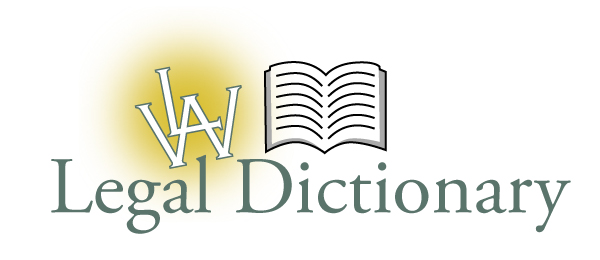- Have any questions?
- (630) 469-7100

What is a “non-compete agreement”?
Non-compete agreements are contracts in which one party agrees not to compete in the marketplace against another party. Although most often seen in the employment context, non-compete agreements also often appear as part of buying and selling a business.
In Illinois, courts generally start from the premise that non-compete agreements are disfavored. We try to have an open, competitive economy, and non-competes are seen as monopolistic and creating restraints on trade. They can, however, be enforceable if they meet certain requirements.
In reviewing a non-compete, courts generally looking to see whether it is reasonable. The difficulty comes in determining what “reasonableness” means. Some factors include: (1) how long will the restricted period last; (2) what geographic area does the restriction cover; (3) does the enforcing party have a legitimate business reason for keeping the other party out of the market.
The first is generally easy to determine. Courts tend to enforce these agreements for 2 years (in the employment context), but could potentially allow enforcement for as long as 10 years in a situation where someone sells a business and agrees to a non-compete as part of the sale.
The reasonableness of the geographic area is usually tied to the third prong: is there a legitimate business reason for the restriction. In analyzing these, courts consider such things as: (a) the position the person held during their employment; (b) the type of industry; (c) how much time, effort, and money are spent training employees and developing relationships with customers; and (d) whether the company has any confidential or proprietary information that needs to be protected from competitors. But this is not an exhaustive list. A recent Illinois Supreme Court decision makes clear that this inquiry is based on the “totality of the circumstances,” and that there is no definitive list of what makes a non-compete enforceable or not.
Non-competes also take various forms. Check back for future posts on the difference between non-competes, non-solicitation agreements, and confidentiality agreements.
If you liked this post, follow us on Facebook and Twitter sign up for our monthly newsletter using the form in the sidebar. And be sure to read the Disclaimer.
- Congress Requires New COVID-19 Employment Poster - March 26, 2020
- Your Business Insurance May Contain Interruption Coverage You Can Use During COVID-19 - March 20, 2020
- Using Your Estate Plan to Leave Funds to a Minor - December 5, 2017
